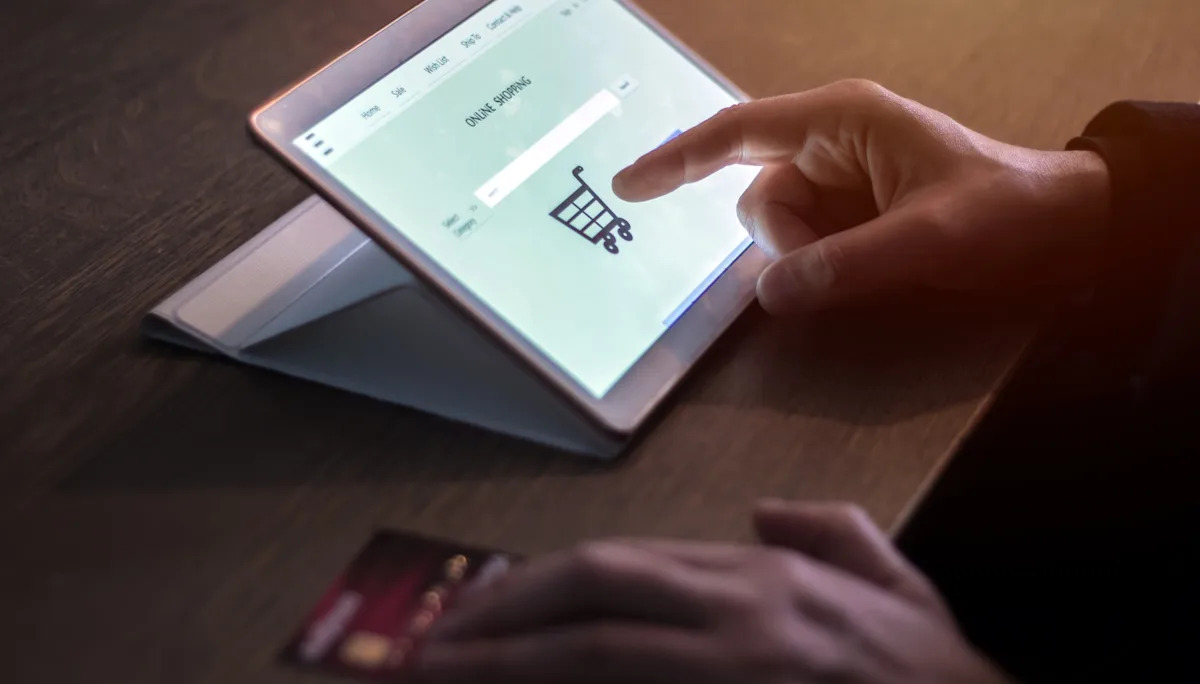Home / Environment / Citizen Science Exposes Widespread "Plastic Blindness" in Households
Citizen Science Exposes Widespread "Plastic Blindness" in Households
10 Oct
Summary
- Consumers underestimate plastic waste by nearly 50%
- Frequent online shopping linked to underestimating plastic use
- Shock of findings can catalyze change in plastic consumption

According to a recent study, consumers are suffering from a phenomenon called "plastic blindness," where they significantly underestimate the amount of plastic they discard on a weekly basis. The research, conducted by the University of Portsmouth, drew data from a citizen science project called The Big Plastic Count, in which 160,000 UK households tracked their plastic waste.
The study found that participants discarded an average of 10 pieces of "hard plastic" and 13 pieces of "soft plastic" per week. However, the researchers noted that soft plastics, such as wrappers and protective seals, often go unnoticed by consumers, leading to a widespread underestimation of personal plastic consumption. In fact, 45% of participants admitted they discarded considerably more plastic than they had expected.
The researchers suggest that this "plastic blindness" is a coping strategy, as consumers may feel they have little power to eliminate plastic entirely from their lives. However, the study's lead author, Dr. Kate Whitman, believes that the initial shock of the findings could be harnessed as a catalyst for change. "Once confronted with the reality, people were shocked, and that shock can be harnessed as a catalyst for change," Whitman observed.
The issue of plastic pollution is a significant component of the "triple planetary crisis" of climate change, biodiversity loss, and pollution, as highlighted by the United Nations. With an estimated 990 billion pounds of new plastic manufactured each year, and plastic taking decades to centuries to break down, the problem of microplastics in the environment, wildlife, and human bodies is a growing concern.



